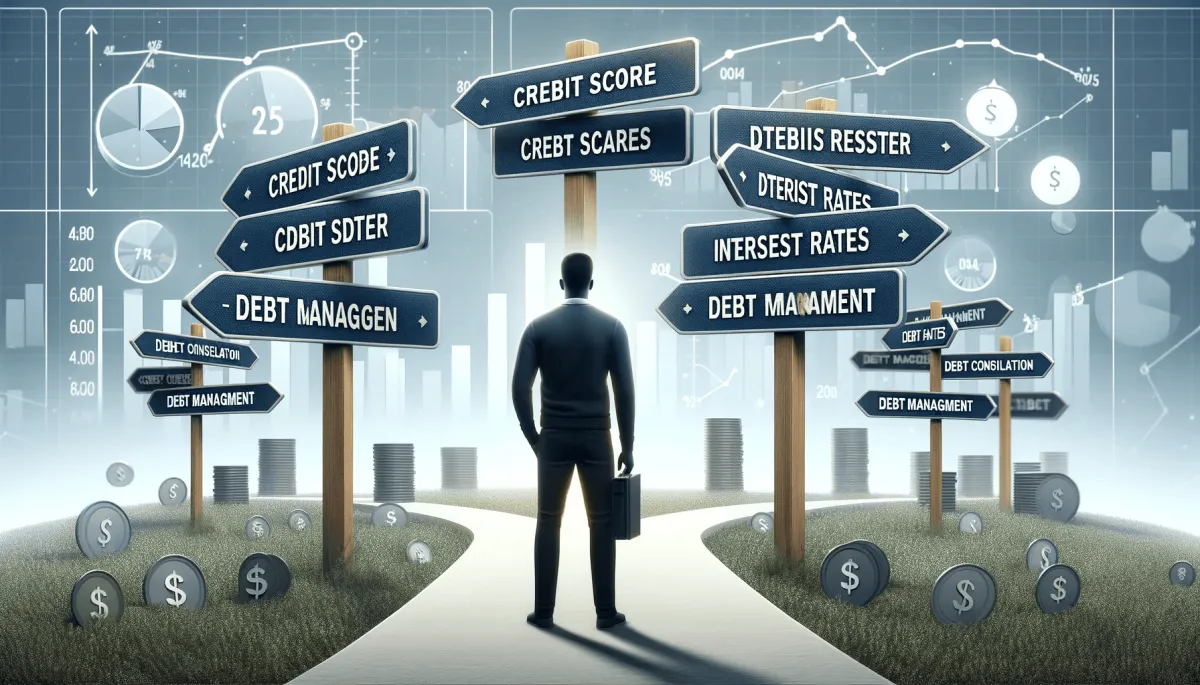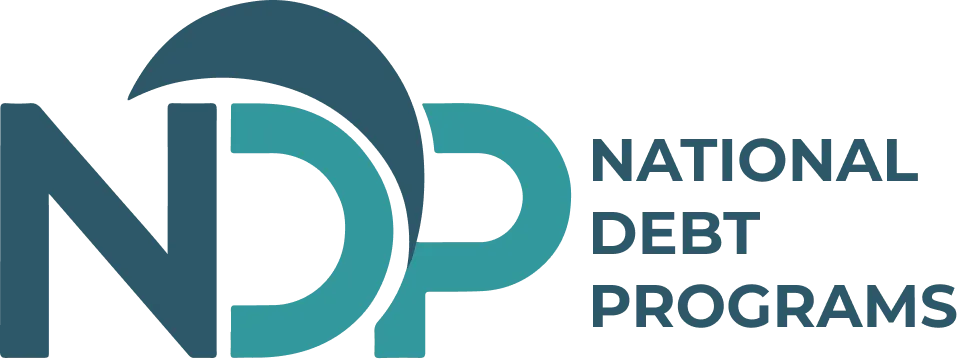Contact Us:
Blog

Debunking Common Myths About Debt Consolidation
Introduction
Debt consolidation is a widely discussed topic in the realm of personal finance, surrounded by a mixture of facts and myths. It’s crucial for those considering debt consolidation to separate truth from fiction. This post aims to debunk the most common myths about debt consolidation, providing clear and accurate information.
Myth 1: Debt Consolidation Damages Your Credit Score
The Reality: Many believe that opting for debt consolidation can harm their credit score. In fact, when managed properly, debt consolidation can be a step towards improving your credit score. Initially, you might see a slight dip due to credit inquiries, but over time, as you make consistent payments and reduce your total debt, your credit score can improve. It simplifies your payments and potentially lowers your interest rates, making it easier to pay off debt in a timely manner.
Myth 2: Debt Consolidation Means Immediate Debt Freedom
The Reality: This is a common misconception. Debt consolidation doesn’t erase your debt; it restructures it. It combines multiple debts into a single payment, often with a lower interest rate, making it easier to manage. However, you’re still responsible for paying off the consolidated sum. It's a strategic tool for debt management, not a quick fix.
Myth 3: All Debt Consolidation Programs Are the Same
The Reality: There's a significant variety in debt consolidation programs. Each program has its own set of terms, interest rates, and repayment periods. Some might offer lower interest rates but longer repayment terms, while others might have higher rates but shorter repayment terms. It’s essential to research and compare different programs to find the one that best suits your financial situation and goals.
Myth 4: Debt Consolidation is Suitable for All Types of Debt
The Reality: Not all debts are eligible for consolidation. Typically, debt consolidation works best for unsecured debts like credit card bills, personal loans, and medical bills. Secured debts, like mortgages or car loans, are not usually suitable for consolidation.
Conclusion
Debt consolidation can be a beneficial tool for managing and paying off debt, but it’s important to approach it with a clear understanding. By debunking these common myths, we hope to provide a clearer path for those considering debt consolidation. Always remember to thoroughly research and consider your options, and consult with financial experts if necessary.
Eliminate Debt; Save For The Future
Break free from the burden of debt with National Debt Programs. Our expert guidance helps you eliminate debt, paving the way to a brighter future where you can prioritize saving and financial security. Unlock a debt-free tomorrow and start saving for the life you've always dreamed of with National Debt Programs.


